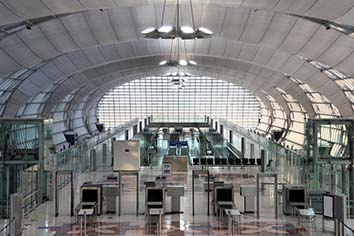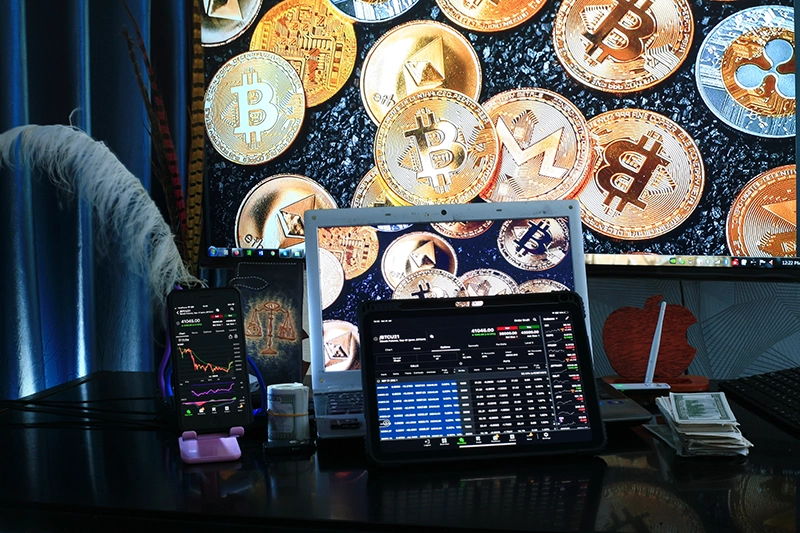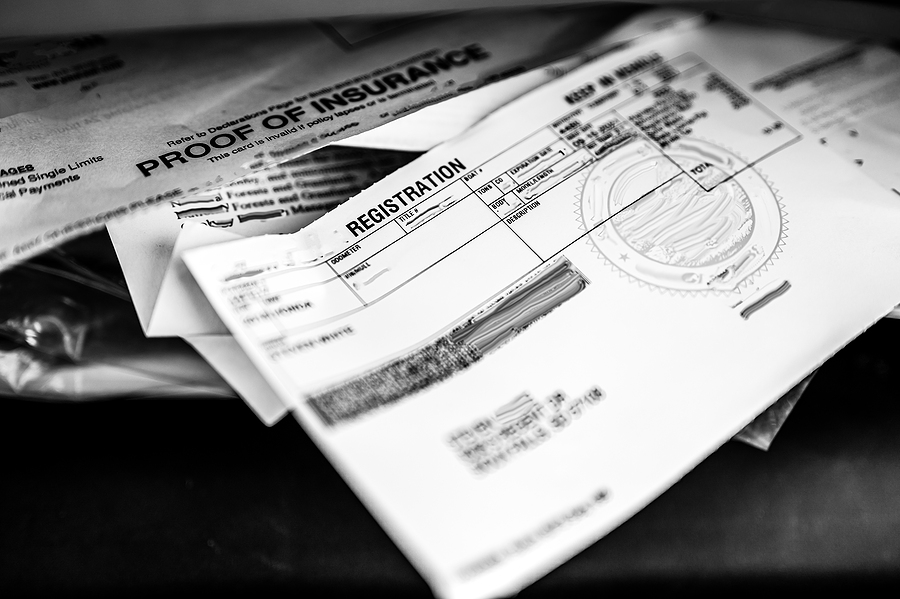At airports throughout the United States, Customs and Border Patrol (CBP) officers are seizing travelers’ cash when coming into and leaving the country for failure to report the cash. Regular international travelers may be familiar with the Customs forms airlines hand out just prior to arrival in the United States. On the form you must declare goods purchased during your international travel, as well as any cash in excess of $10,000. Most people do not realize, however, that you must also declare any cash in excess of $10,000 before you leave the United States, as well.
If travelers are carrying cash in excess of $10,000 and fail to disclose the exact amount, they risk violation of a little-known anti-money laundering law, the Bank Secrecy Act. Their money, if found, is therefore subject to seizure and forfeiture, unless the traveler contests the forfeiture. At times, even when the cash is declared, it is seized anyway as suspected drug funds.
The U.S. government, to put it bluntly, assumes that anyone traveling with a large amount of cash is a criminal. This completely ignores the reality of currency and banking restrictions in other countries, sometimes costly wire transfer fees, personal or business use, and a host of other legitimate reasons people travel with cash.
We have handled a number of cases where business people from Nigeria and various Middle Eastern countries have traveled to the U.S. to buy merchandise or automobiles for sale in their home country. Our clients declared the cash, were stopped by CBP, and then questioned about the source and purpose of the funds. They were eventually allowed to continue with their money, only to be stopped as they exited passport control by DEA agents, who then seized their cash as suspected drug proceeds.
When this happens, the traveler has a crucial decision to make. They must decide whether to formally contest the seizure administratively or through the court system. Both methods are time consuming and can be expensive, as the individual must prove the legitimate source and use of the funds. This often involves acquiring bank records, currency exchange documents, and proper declarations from their country of origin – a sometimes costly – and complicated proposition.
On a typical day, CBP seizes over $300,000 in undeclared or illicit currency. Last year, the total seizures amounted to more than $65 million in cash from international travelers. At times, it seems that the government simply takes advantage of a foreign traveler’s limited time, ignorance of U.S. law, and limited resources to contest the seizure and simply keeps the funds without any substantive evidence of criminal activity.
Stahl Gasiorowski Criminal Defense Lawyers aggressively defend individuals charged with complex federal and state crimes. Founder Robert G. Stahl is recognized as one of the top criminal defense attorneys in the NY/NJ area for his skills, knowledge and success. To contact the firm, call 908.301.9001 for the NJ office and 212.755.3300 for the NYC office, or email Mr. Stahl at rgs@sgdefenselaw.com.




Leave A Comment